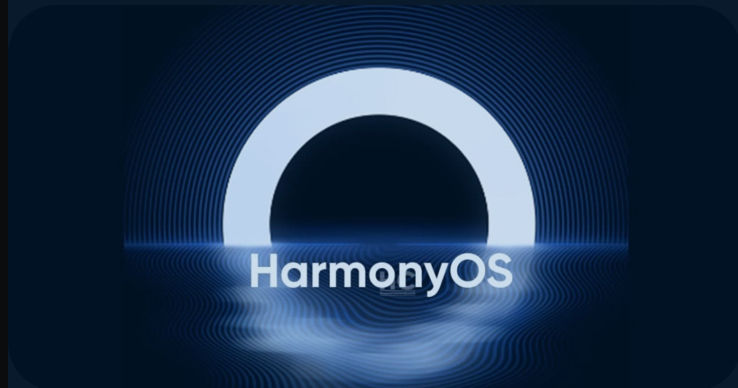The U.S. trade ban on Huawei has materialized a completely different outcome than what the opposing authorities envisioned because the Chinese firm has not only mounted a strong comeback on its home turf with successive releases of flagship smartphones that have grown in popularity, but the company plans to one-up its efforts on the software side too. A new report states that Huawei fully intends to rid itself of Google’s Android operating system by switching over to HarmonyOS Next entirely. The new platform will reportedly house 4,000 apps at first.
HarmonyOS Next’s total applications count will rise to 5,000 within the year, with Huawei aiming to reach the 500,000 tally soon
The next version of HarmonyOS is expected to ship with Huawei’s upcoming Mate 70 flagship series. The new lineup is rumored to be unveiled in October this year and is said to be the company’s first launch to sport SMIC’s 5nm chipset. Nikkei Asia reports that an added benefit of running HarmonyOS Next on the Mate 70 family is that the operating system utilizes memory three times more efficiently and supports on-device AI.
However, every operating system needs a strong app ecosystem to grow in popularity, which appears to be Huawei’s primary focus. The report states that HarmonyOS Next has expanded to 4,000 apps, including Alipay and McDonald’s. Huawei is said to eventually expand that app count to 5,000, with its ambitions raised towards the goal of 500,000 apps. Huawei attempted to reduce dependency on Google’s Android OS by introducing the first version of HarmonyOS in 2021.
However, investigations revealed that HarmonyOS was still based on Android because apps designed for Google’s platform would be completely unusable if HarmonyOS was an entirely independent OS. Huawei will reportedly change this aspect, as HarmonyOS Next is said to be designed from scratch, with the operating system being developed in-house. Though it was first made for the Internet of Things, Huawei quickly realized that it needed to minimize the risks of the U.S. trade ban by developing its own operating system.
However, while there is looming excitement over the release of HarmonyOS Next, a massive cloud of uncertainty hangs over its success. To grow in popularity, app developers need to rewrite the code for this platform, which not only takes time but costs a substantial amount of money. WeChat, which is owned by Chinese firm Tencent Holdings, possesses some power over HarmonyOS Next’s rise since the messaging application boasts more than one billion users.
In short, Huawei will have to cozy up to these companies if it wants its home-grown operating system to survive in China. Assuming the company is successful in this endeavor, we will have a third smartphone OS competing with Apple’s iOS and Google’s Android.

